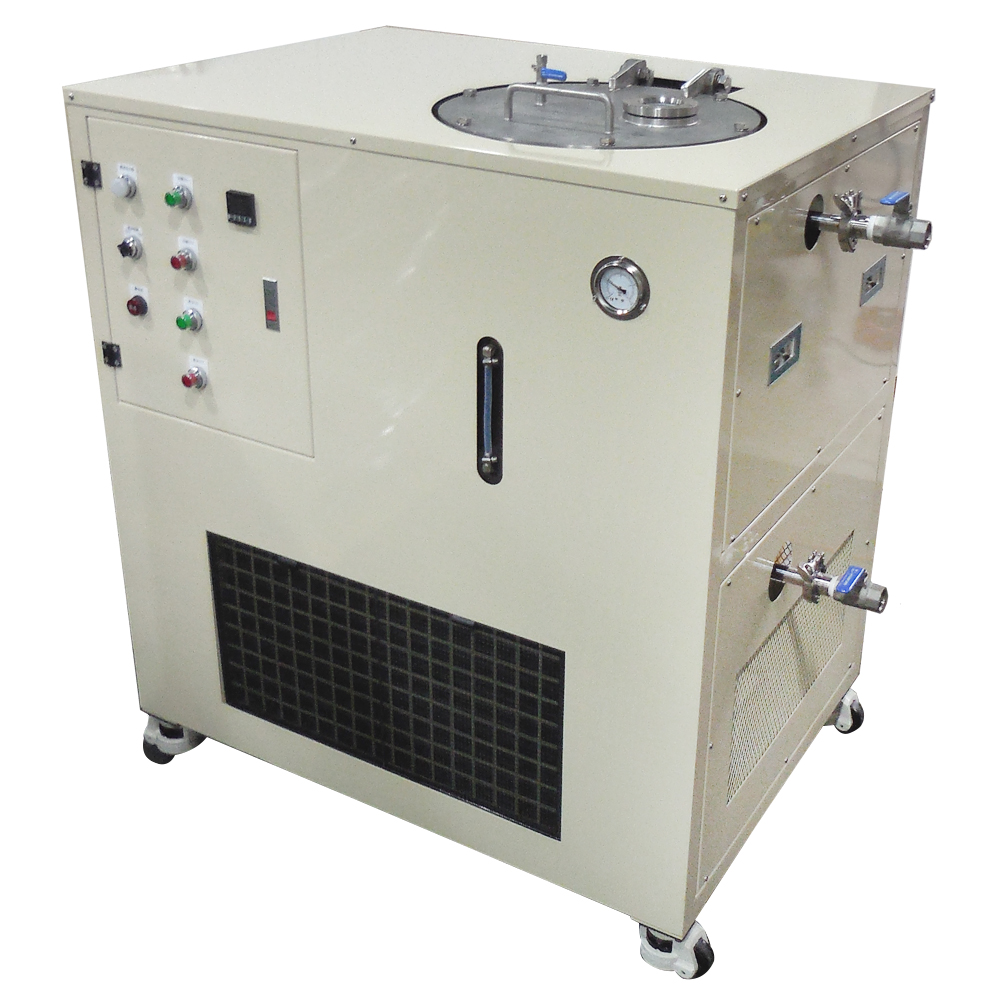Solvent recovery equipment plays a crucial role in modern industrial operations by helping businesses manage and minimize the environmental impact of their processes. As industries rely heavily on various solvents in manufacturing, cleaning, and chemical processes, the recovery and recycling of these substances have become essential to promote sustainability and reduce operational costs. Solvent recovery systems are designed to efficiently reclaim solvents used in industrial applications, making them suitable for reuse in subsequent processes. This not only helps to reduce the demand for raw materials but also ensures compliance with environmental regulations. The process of solvent recovery typically involves distillation or other separation technologies that enable the purification of solvents from contaminants. Once the solvent is separated, it can be reintroduced into the production cycle, reducing the need for new solvent purchases and significantly cutting down on waste.

This recycling approach minimizes harmful emissions and waste disposal issues that could otherwise contribute to pollution. Solvent recovery also reduces the volume of hazardous waste generated, which can be a major concern in industries such as pharmaceuticals, chemicals, paints, and coatings. In addition to environmental benefits, solvent recovery systems lead to significant cost savings. The cost of purchasing fresh solvents can be high, and with fluctuating market prices, industries can face substantial financial pressure. By reclaiming and reusing solvents, businesses can lower their operational expenses and achieve greater cost efficiency. Moreover, the increased use of recovered solvents can also help industries to remain competitive, as sustainable practices become more important to consumers and regulatory bodies. Modern solvent recovery equipment employs advanced technologies, allowing efficient solvent purification and reuse in various industrial applications and processes.
The demand for solvent recovery equipment is growing as industries face stricter environmental standards and a greater emphasis on sustainable production practices. In some sectors, recovering solvents is not just a cost-effective measure but also a regulatory requirement. Companies that implement solvent recovery systems are often able to enhance their corporate image by demonstrating a commitment to sustainability and responsible waste management practices. Ultimately, solvent recovery is a key component of achieving long-term sustainability in industrial operations. By incorporating efficient recovery technologies, industries can reduce their environmental footprint, lower operational costs, and ensure compliance with evolving regulations. As the global focus on sustainability continues to grow, solvent recovery equipment will remain an integral part of responsible industrial practices, benefiting both businesses and the planet. The wiped film distillation is used in industries such as pharmaceuticals and food processing, enabling fast and efficient separation of key components.